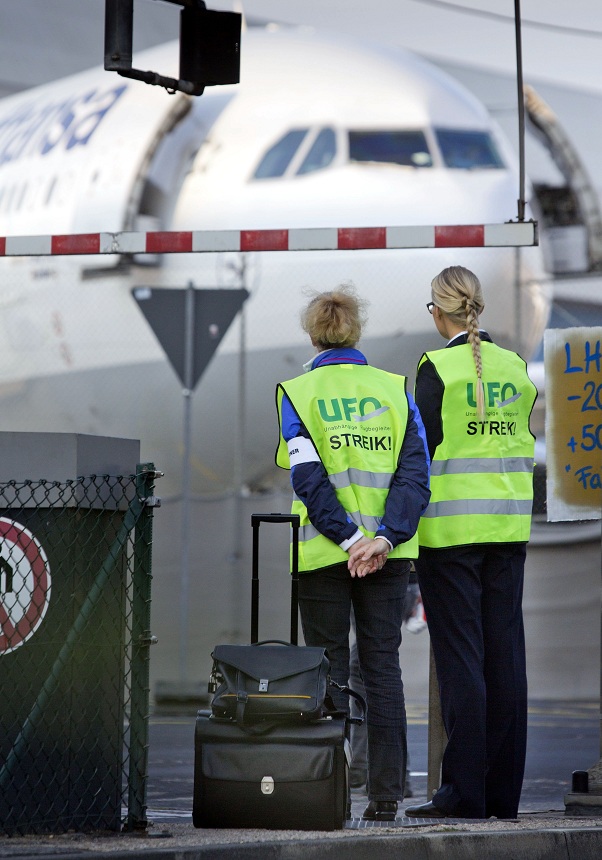As Egyptians began on Monday to cast their votes in a presidential election that is almost certain to result in favour of sitting president Abdel Fattah Al-Sisi against his little-known rival Moussa Mostafa Moussa, most residents of Giza’s Warraq Island have decided to withdraw from the scene altogether.
Initial indicators show “high” participation in Cairo, Giza Alexandria, Assiut, Qalyubia, Aswan, and North Sinai, according to the National Electoral Commission (NEC). However, Warraq has a special situation, as in July last year, a critical crisis unfolded between the government and its residents, who feared being forced off their island.
“The main reason pushing people to reject voting is the unsolved issue concerning the ownership of lands of the island,” said Ahmed Ibraheem, 47, to Daily News Egypt on Tuesday, adding that in the past presidential election, locals headed to polling stations despite a lack of basic utilities such as sewage treatment networks, with hope that the situation will change.
The father of four, who works as a contractor, said that he will not vote, noting, “I saw like three or four people at the polling stations,” adding that there are nearly four voting places on the island, but it seems that people decided not to participate in the voting. “There are major projects that are planned to be built on our lands here. This issue hasn’t been solved until now. Nothing changed since the crisis emerged in July last year.”
More than 90,000 people live on the island, working in agriculture, fishing, and various crafts. They complain of lacking a sewage treatment network and polluted drinking water. Tensions broke out last year when military and police forces tried to clear unpermitted buildings on the island, while locals continued to insist that they inherited it decades ago.
Moustafa Abdel Fattah, an accountant and father of four, 48, will participate in voting, although he said he knows that his vote will not change a certain victory for Al-Sisi. “We know that he will win the election, but I don’t want to be negative person,” he said.
Abdel Fattah, who works almost all day, from the afternoon until dawn, said that Al-Sisi implemented economic measures that “crush” poor Egyptians. “Nearly 80% of Egyptians are poor, get paid per month or day. They are the category most impacted by the economic reforms,” he said, adding that he does not oppose reforms. “Al- Sisi made some good decisions, but he could have waited four or five years, without putting pressure on people who can’t afford the soaring prices,” he said.
Photos of people voting, reportedly captured on the island, circulated online, but Islam Magdy, a 19-year-old student, pointed out, “there is no election on the island.” He added that the turnout was very low compared to the presidential election in 2014. “Each person has his reason, if they want to vote or not, but the participation is very limited, as few people went to polling stations,” he said. Magdy said that his father is going to vote. “So will my mother and sister but I won’t,” he said.
His father, Magdy, stressed that he will vote because his participation is critical due to current circumstances the country is passing through. Abdel Radi, 43 will head to his polling station on Tuesday. “I will take my wife and children to cast our votes, just after finishing work,” he said. He noted that he does not know the total participation, but he saw photos circulated on social media featuring people casting their ballots. He noted, “I met few people (six or seven) coming from outside the island to vote at their polling stations.”


